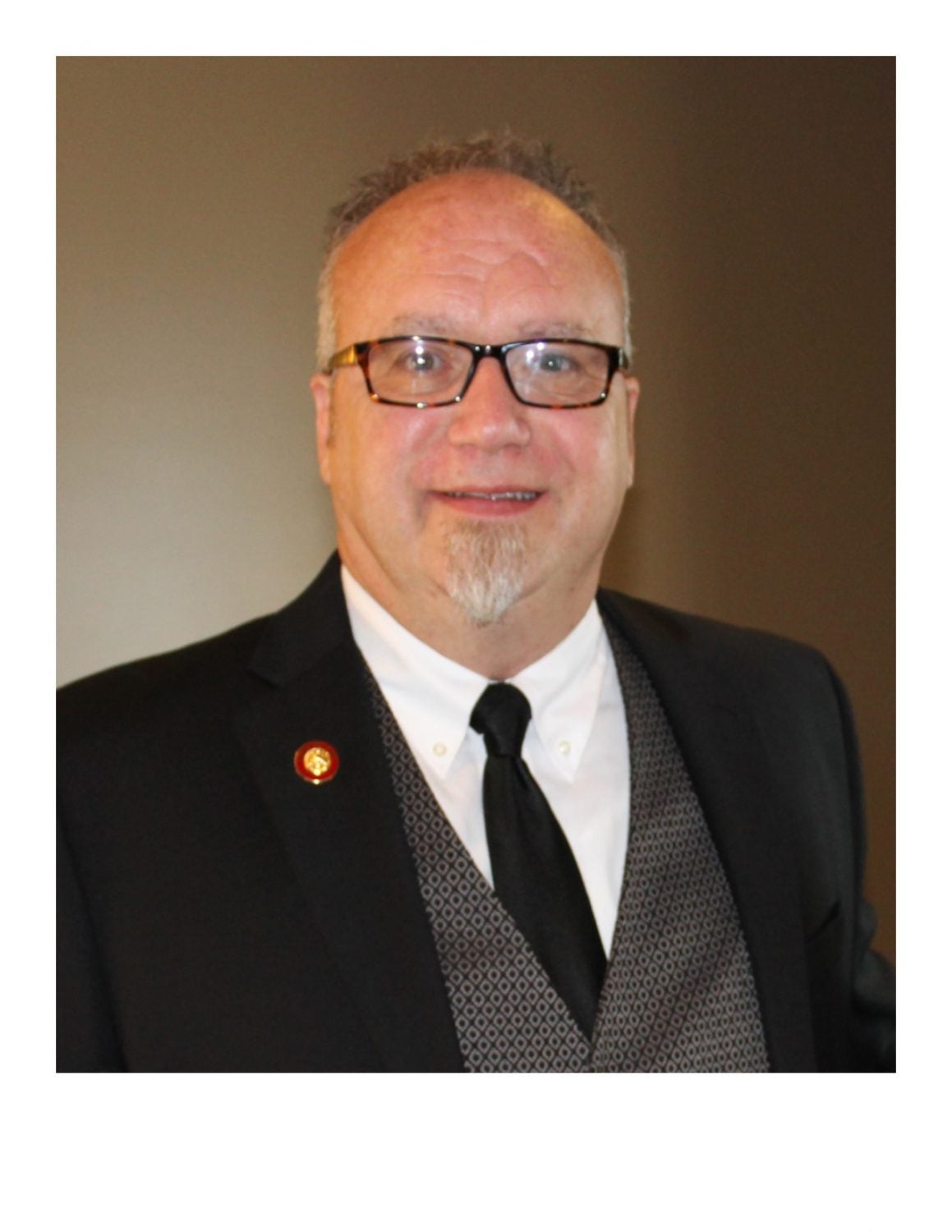Paul Hamilton | Planning for a Smooth Ending
Published 12:07 pm Wednesday, September 21, 2016

- Paul Hamilton
Hey Paul: My husband and I are in our mid-60’s and in good health. We have three children (two married) and five grandchildren. I worked as a teacher and my husband worked in construction and sales. Our home is paid for and we don’t have any other debt. My teacher pension is $2500 and my husband’s Social Security benefit is $2000. We have about $400,000 in retirement accounts.
We have a basic will that we had drawn up over 20 years ago. What type of estate planning do we need to get in place?
Answer: Planning for a world without you in it is one of the toughest but most important aspects of financial planning. From what you’ve described it sounds very much like you are “set”. You have been freed from the 9-to-5 and have a partner to relax, travel, and enjoy the grandkids. Your combined monthly income of $4500 can maintain a very comfortable lifestyle and allow generosity to your family and others you care about.
A positive projection could see the two of you living in relatively good health for 25 years living off your income and preserving your retirement assets to give to your children. Perhaps you both die within a year of the other – the so-called broken-heart syndrome. What could possibly go wrong?
Well, even though in many ways you could not be in a better personal and financial situation now, the future can take some interesting turns. I consider three potential problems areas that in the extreme can become personal or financial disasters. Fortunately there are things you can do now to mitigate the risk of these popping up.
Risk No. 1: Not organizing your financial, legal, and health documents. I’ve found Nolo’s Get It Together, to be a great tool for thinking about all the big and little things that you can collect now to save your surviving spouse and then your surviving family, from major headaches. Everything that is in your head will be inaccessible – What bank’s deposit box did you leave your will?? What is the password to your Netflix account?? Nolo suggests starting with the “easy” info such as listing children, pets, memberships, service providers and login passwords.
The “essential” documents are the Will, Living Trust, Health Care Directive (“Living Will”) and Power of Attorney for Health and for Finances. Other very solemn decisions regarding organ or body donation, burial versus cremation and funeral service planning need to be made known.
The last set of items to organize is all your assets both financial and tangible. A folder that contains the titles, account numbers, bank or brokerage statements, and other paperwork that identifies what you own will be most helpful when you are not there to explain where everything is. Also keep a folder with past tax returns and your tax preparer or software information.
Risk No. 2: Your sons and daughters may not like you giving the other sibling a bigger estate present. Is your daughter a MD and your son a GED? Do you reward the “good child” who was financially successful, kept in touch, and gave you grandkids? Or do you help out the child who is a struggling youth pastor? If one child has four kids and the other has only one kid do you give each child money for college or each family the same amount? A very informative and entertaining book, Beyond the Grave: The right way and wrong way to leave money to your children (and others), describes how to navigate these types of tricky yet common dilemmas. The authors’ core advice is to treat each child equally in your bequests. If you need to even things up do so while you are alive. If you absolutely feel the need to give more to one child then explain that to the other children – but be prepared for emotions to run high and a stern rebuttal. But it is your money.
Risk No. 3: One of you has a short horizon and the other a longer horizon. The majority of the time the wife outlives her husband as she tends to be a few years younger and has the more robust female genes. Let’s suppose your husband dies at age 75. First, this will cut your income roughly in half (assuming you are ineligible for his social security survivor benefit). But you still should have plenty of money in retirement accounts. But here is the real curveball – what if you don’t want to spend the next 20 years alone and meet Mr. Right #2? That can be a great relationship but also comingles your assets to the extent you allow. Does he get to live in the home if you pass away?
Does he then become partial heir to your wealth in competition with your kids?
My quick advice follows that of the Apostle Paul — Now to the unmarried and the widows I say: It is good for them to stay unmarried, as I do. But if they cannot control themselves, they should marry, for it is better to marry than to burn with passion. I Corinthians 7:8-9.
There are other financial icebergs such as out living your assets, facing several years in a nursing home, and other challenges that can at least be partially addressed by wise planning. I’ll be discussing each of these in the next few columns.
If you would like to discuss your estate plans including the legacy you hope to leave I would love to have the opportunity to work with you. I can be reached at Paul.Hamilton@Asbury.edu or call/txt 502-405-8125.



